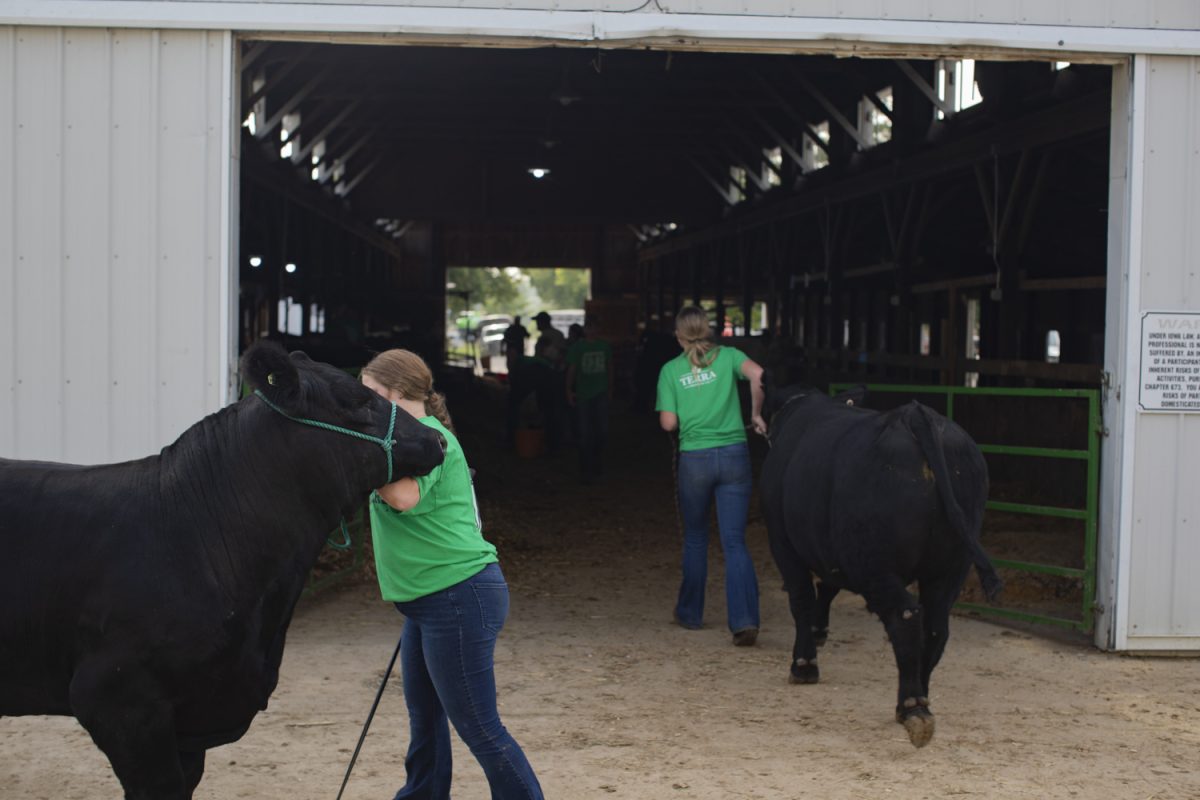Since its première, *The Birth of a Nation* has not been able to separate itself from controversy.At first, the controversy could be viewed as serving a means to an important end, as the film — its title identical to that of D.W. Griffith’s ugly, history-distorting, KKK-aggrandizing film from 1915 — served to reclaim one of film history’s darkest, most disturbing early moments and repurpose it as something that could function as beneficial in a society still plagued by many of the same issues as it was a century ago.
But, unfortunately, this would not be the final word on the film. Some months into the film’s tour on the festival circuit, controversy surrounding a rape allegation against the film’s star actor, writer, director, and producer, Nate Parker, began to resurface. Parker was acquitted in 2001, but the situation wasn’t helped by his choosing to insert a rape scene into the movie with no historical grounding. (The alleged victim’s sister noted this detail in an open letter, published in *Variety*, in which she expressed shock and dismay at the inclusion, labeling it as a “self-serving,” “sinister,” and “cruel.”)
Although it can be difficult to separate the personal history of the artist from the artwork, we must try, as *Birth of a Nation* is, undeniably, a strong and important film. The actors all perform effectively, the script is fairly tight, and there’s scattered instances of powerful cinematography.
Where the film really shines is in its depiction of slavery, which it chooses to do not in the style of *12 Years a Slave*, in which the horrors of the abominable industry filled the screen, but rather in a much more casual — and thus disturbing — way.
The film’s slave-masters rarely seem to notice — or care — that they said anything that might have been perceived as intimidating. When they do dispense beatings, they act as if they’ve merely raised their voice.
The danger and dehumanization of this situation is what’s beginning to eat at preacher Nat Turner at the film’s outset. He begins to realize that every line of scripture justifying the enslavement of the African has an equally holy counterpoint. As the horrors crescendo, so does his anger.
It’s the film’s focus on Turner where Parker’s portrayal gets dubious. Not so much because of his performance — it’s a decent one, most engaging when he’s allowed to preach and rally followers — but because of the way the film is structured.
The film desperately wants us to empathize with Turner, and we do — to a degree. We can come up with reasons Turner does what he does, but the movie doesn’t effectively communicate what he is thinking in any given moment. Just because the audience is seeing something for the first time, the film treats it like Turner hasn’t seen it before, either.
For example, Turner meets his wife when he insists that his master, Samuel Turner (Armie Hammer) buy her. Nat Turner is trying to keep her from getting raped, yet he seems immediately interested in courting her. He seems to choose to save her merely because of her looks, and the film never gives us a conversation in which we hear his reasoning. If he really is a holy man, as his character was intended to be written, why not try to save others, too?
The effect of this scene and others like it is that Nat Turner begins to feel shallower than he should.
After stumbling slightly, the film manages to sprint into its final act, in which Turner forms a slave militia to march on Jerusalem, Virginia, in an act of righteous vengeance.
In these last 30 minutes, the film works. When Turner shouts his battle cry, you nearly want to leap into the fray with him.
The film is competent and often powerful, but too much is spent setting up a rushed climax and too little effort was made in informing us about the content of the character at its core.
*The Birth of a Nation*
Where: FilmScene, 118 E. College
When: Opening today, show times vary but are held throughout the week
Cost: $6-$10







